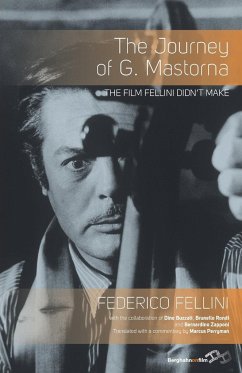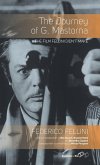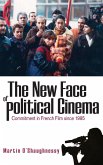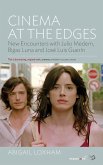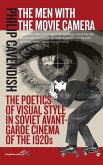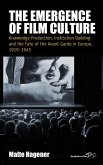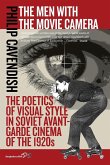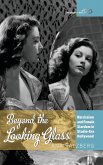Federico Fellini's script for perhaps the most famous unmade film in Italian cinema, The Journey of G. Mastorna (1965/6), is published here for the first time in full English translation. It offers the reader a remarkable insight into Fellini's creative process and his fascination with human mortality and the great mystery of death. Written in collaboration with Dino Buzzati, Brunello Rondi, and Bernardino Zapponi, the project was ultimately abandoned for a number of reasons, including Fellini's near death, although it continued to inhabit his creative imagination and the landscape of his films for the rest of his career. Marcus Perryman has written two supporting essays which discuss the reasons why the film was never made, compare it to the two other films in the trilogy La Dolce Vita and 8¿, and analyze the script in the light of It's a Wonderful Life and Fredric Brown's sci-fi novel What Mad Universe. In doing so he opens up an entire world of connections to Fellini's other films, writers and collaborators. It should be essential reading for students and academics studying Fellini's work.
Hinweis: Dieser Artikel kann nur an eine deutsche Lieferadresse ausgeliefert werden.
Hinweis: Dieser Artikel kann nur an eine deutsche Lieferadresse ausgeliefert werden.

